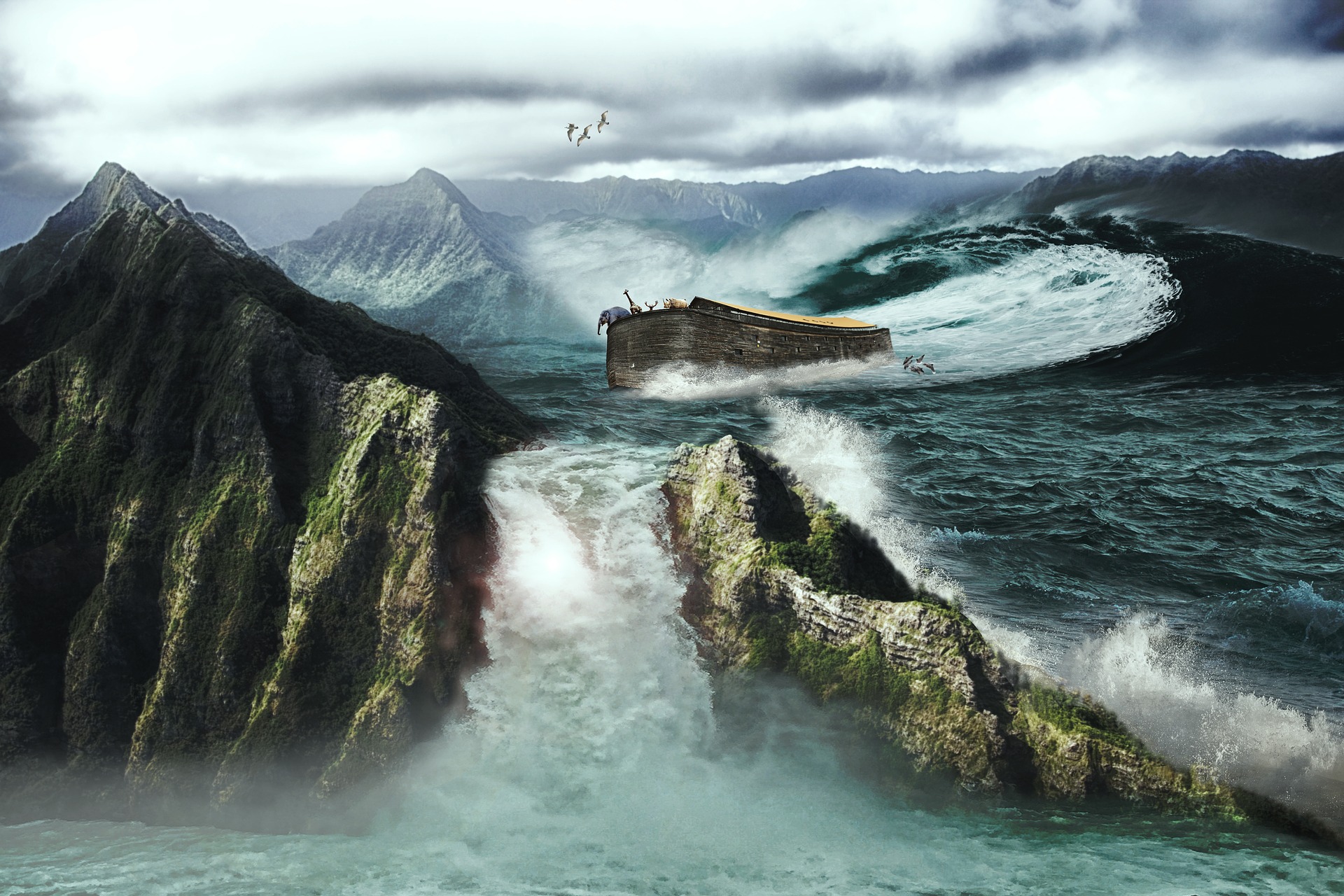
Reading
Genesis 12–24 (Abraham, the Chosen People, and the Binding of Isaac)
Questions
Why must faith be tested to be believed?
From Isaac to Christ — why is child sacrifice such a theme?
Circumcision. What’s the deal?
Belial challenged us to consider the testing of faith alongside the implications of the Abraham narrative regarding circumcision, gender, naming/transformation, and the idea of the “chosen people.” Along the way we dove into nakedness, the miracle of life, and the fickleness of God. Are we moving from physical memes to abstract memes? Does the nation of Israel have a founding trauma, as Michael suggests? Is God “fleshy,” as Gabriel asks? And what are we to make of the fact that Abraham doesn’t hesitate for a moment when he’s called upon to draw blood? It’s gnarly.
Read on… or skip to the Takeaway and/or Gems from the Chat.
Continue reading


